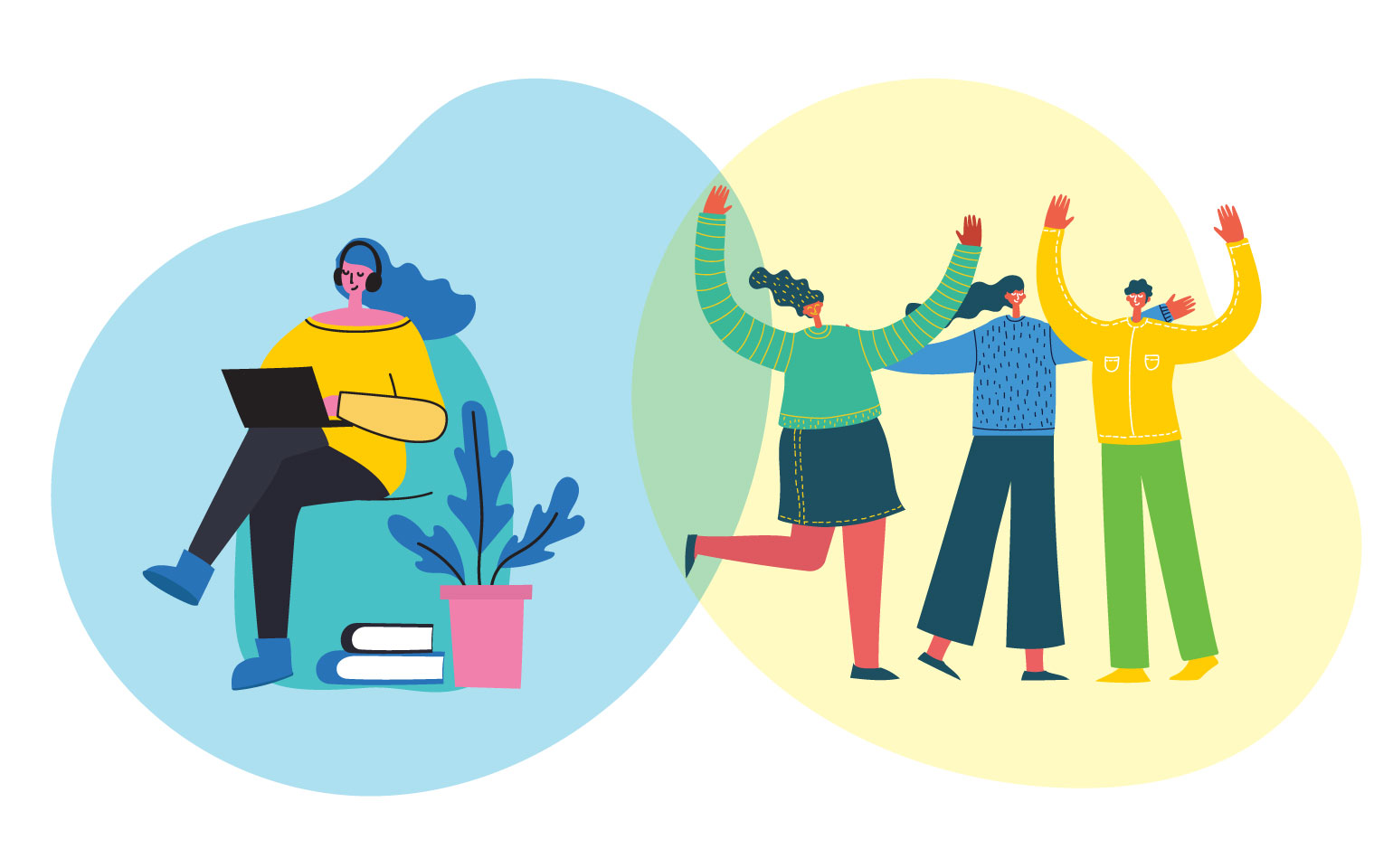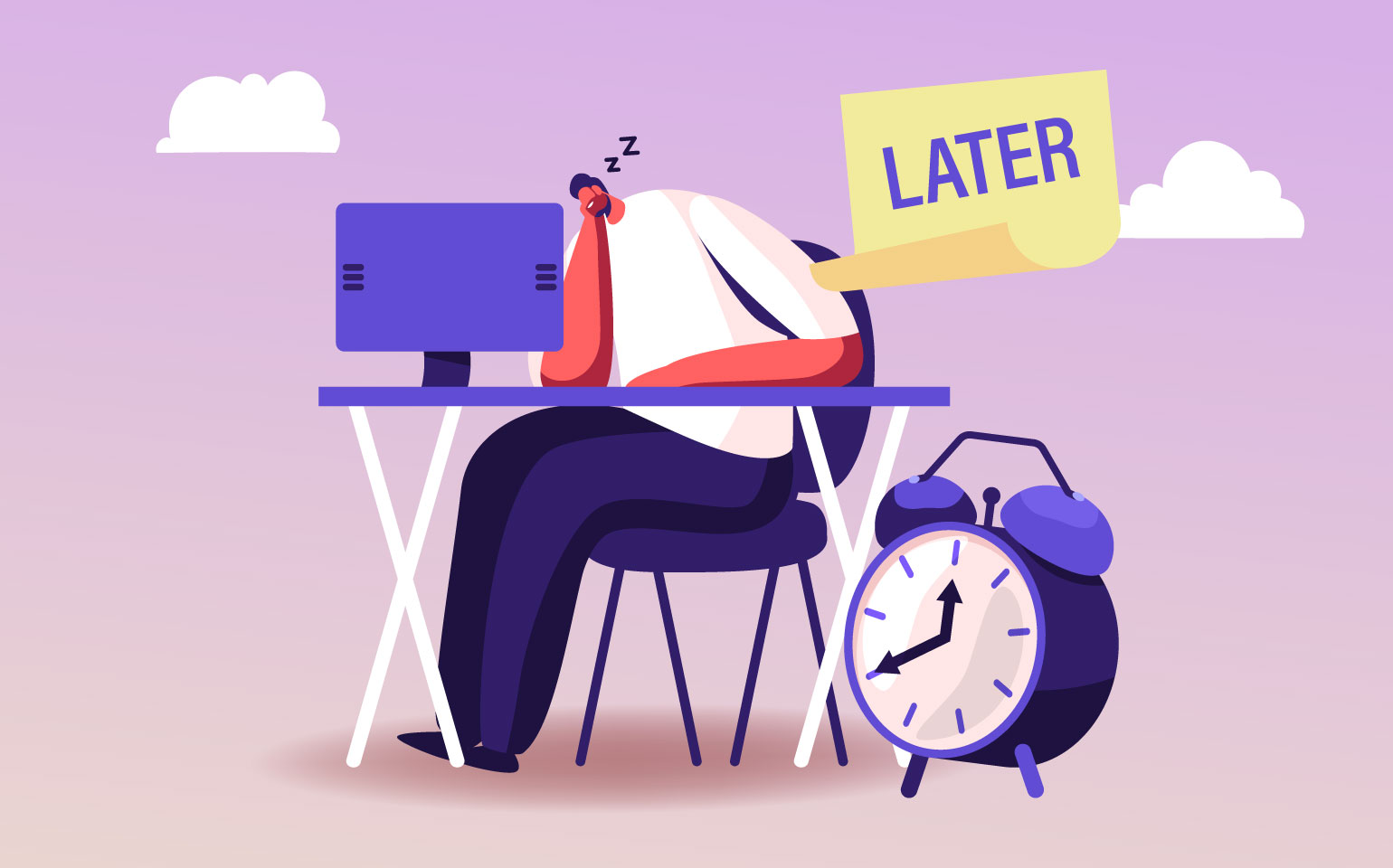
The Causes and Consequences of Stress
As a student, there have often been times where I felt stressed out and overwhelmed by the sheer pace of life. As our world continues to evolve, so do the ways we live our day-to-day lives, and this includes our paradigms. When looking at the world from the lens of simple achievements, we end up limiting ourselves to only one dimension of thinking. Our primary objective becomes getting good grades, acing an upcoming test, or scoring an interview, not relishing the moment and enjoying the learning experiences around us. The same applies to the world outside of school. We value efficiency above all, and nothing matters more than getting the job done right and quickly. But where will this paradigm lead us? What effects do having an efficiency-oriented society have? Will it ever prove to be beneficial?
One of the most detrimental effects of living like this is stress. We may not realize that we are burnt out and overwhelmed, but we often are, and these stressful feelings are only exacerbated by the prevalence of technology and social media in our lives today.
It has been scientifically proven that the purpose of stress is protection, essentially triggering a fight or flight response within our bodies. This means that stress should not be a long-term state of mind, rather, it should be a tool to quicken response times in dangerous situations. Take the example of procrastination, a habit that many students—including myself—are guilty of. The first few times you procrastinate result in a quick adrenaline rush, allow you to avoid putting in extra effort, and even boost your creativity. However, once this becomes a habit, you become stuck in an endless cycle of putting tasks off to the point of serious burnout and overwhelmedness: feelings and actions which are not healthy at all. The potential risks of long-term stress (often referred to as chronic stress) are not to be taken lightly, as they include the development of mental illness, cardiovascular diseases, obesity, and many other negative consequences. This begs the question: what can be done to combat this?
One of the best ways to prevent these effects from occurring is starting at the root of the problem. Address the mistakes you have made and how you can improve. What is your biggest vice? Is it procrastination? Or maybe time management? Do you struggle with holding yourself accountable?
We all have areas where we can improve and before we can mitigate or solve these problems, we need to identify their origins through this chain analysis. For me, this specific area of improvement was time management. I had trouble keeping track of my tasks, events, and meetings. I also realized that I was spending a lot of my energy on monitoring and overseeing my tasks mentally, when that same energy could be channeled into much more productive work. Personally, the solution was keeping a bullet journal and combining it with Google Calendar. This system freed me of the burden of keeping track of my tasks, allowing me to focus on actually getting them done instead. Obviously, there is no one-size-fits-all solution to these kinds of problems, as every person has their own individual struggles, and therefore their own ways of combating them. I suggest beginning with self-reflection and thereafter addressing potential solutions. For example, if you struggle with deadlines, try getting an accountability buddy, someone who will hold you accountable for any important tasks or due dates you must meet. Another strategy to deal with burnout may be to take some time out of your day to relax. This could mean listening to music, going for a run, beginning a meditation practice, or participating in any activity that provides you with an escape from the rush of everyday life.
In all, it is evident that stress plays a major role in the lives of all people, but notably in the lives of youth. In a world where efficiency is valued above all, it’s difficult to approach life in any other perspective than one that is achievement-oriented, but it is nevertheless necessary to take time to self-reflect and improve yourself. Whether it be through exercise, journaling, reading, or anything in between, taking time off to put your goals into perspective is an important skill to learn and something that is incredibly vital for us as youth to implement in our daily lives.



